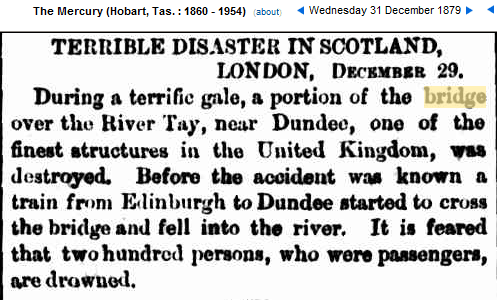Disrupting the Borg is expensive and time consuming!
Google Search
-
Recent Posts
- “Why Do You Resist?”
- Climate Attribution Model
- Fact Checking NASA
- Fact Checking Grok
- Fact Checking The New York Times
- New Visitech Features
- Ice-Free Arctic By 2014
- Debt-Free US Treasury Forecast
- Analyzing Big City Crime (Part 2)
- Analyzing Big City Crime
- UK Migration Caused By Global Warming
- Climate Attribution In Greece
- “Brown: ’50 days to save world'”
- The Catastrophic Influence of Bovine Methane Emissions on Extraterrestrial Climate Patterns
- Posting On X
- Seventeen Years Of Fun
- The Importance Of Good Tools
- Temperature Shifts At Blue Hill, MA
- CO2²
- Time Of Observation Bias
- Climate Scamming For Profit
- Climate Scamming For Profit
- Back To The Future
- “records going back to 1961”
- Analyzing Rainfall At Asheville
Recent Comments
- Bob G on Climate Attribution Model
- Bob G on Fact Checking NASA
- arn on Climate Attribution Model
- Bob G on Climate Attribution Model
- Bob G on Climate Attribution Model
- Bob G on “Why Do You Resist?”
- Gerald Machnee on Fact Checking The New York Times
- Gerald Machnee on Climate Attribution Model
- Gerald Machnee on “Why Do You Resist?”
- arn on Climate Attribution Model
1879 : TERRIBLE DISASTER IN SCOTLAND
This entry was posted in Uncategorized. Bookmark the permalink.



What I find interesting is that the word “terrific” was being used to describe something very scary. These days, it’s usually “horrific”, “terrifying”, or “unprecedented”
The storm was described as a one in a 100 year event, although the Tay valley is prone to violent windstorms similar to this one. The bridge was badly designed, and the quality of the manufacturing of the cast iron components was questionable. Maintenance was poor, and there is evidence that the speed limit of trains was not observed, leading to excessive vibration, which could have damaged the structure. All in all, this is a classic case of infant mortality, in reliabilty terms. The Board of Trade enquiry found Sir Thomas Bouch, who designed the bridge, responsible for the disaster, not the storm. It was thought that there might have bee 200 people on the train, but it was Sunday evening, and in those days, some thought it sinful to travel on the Sabbath. I believe the deat toll was 79.